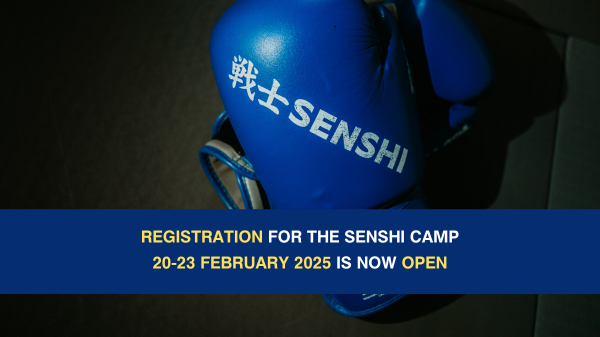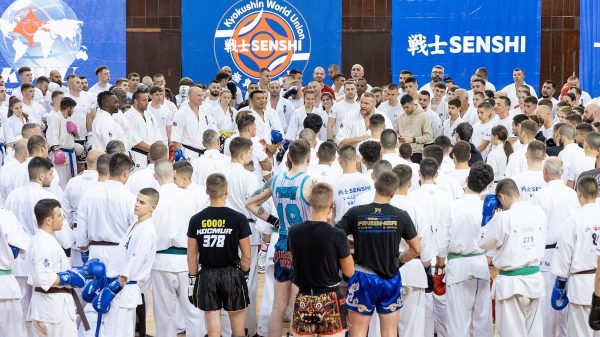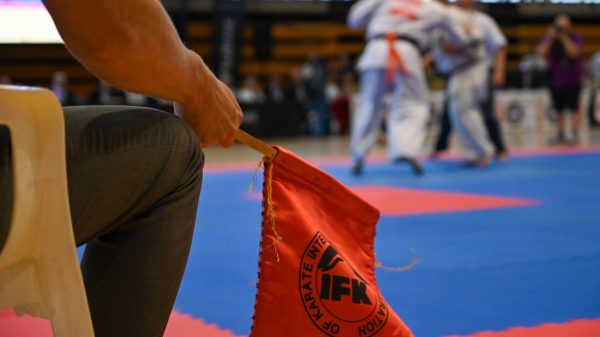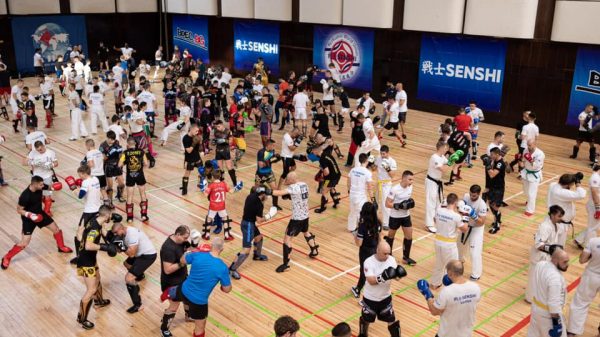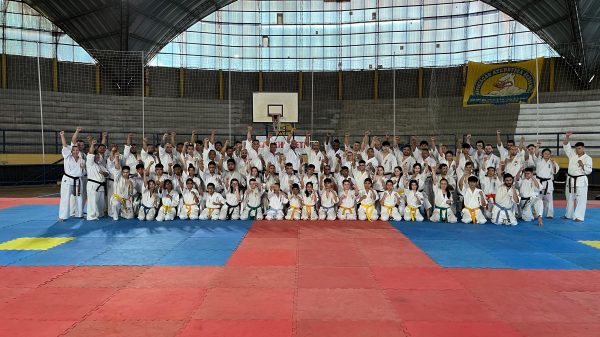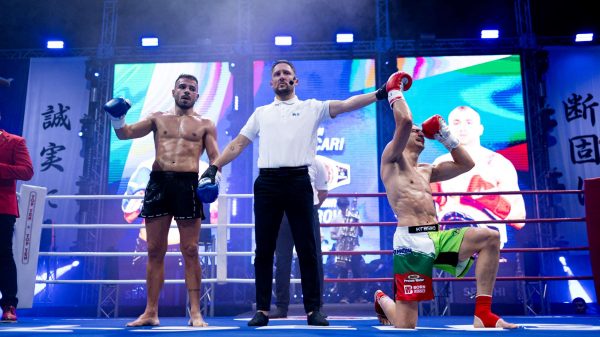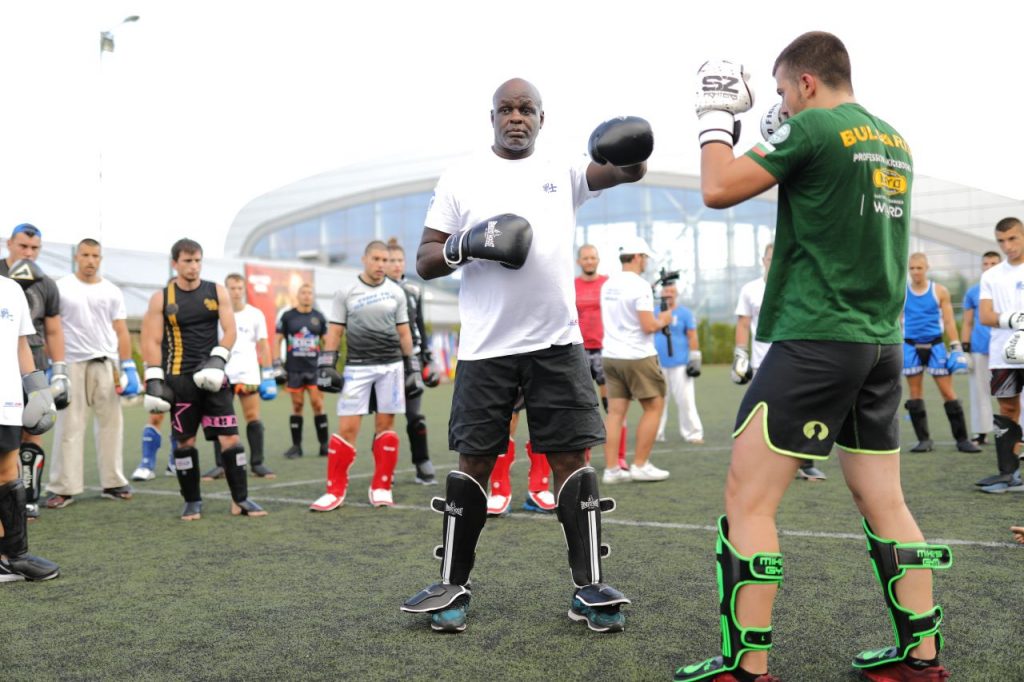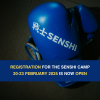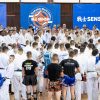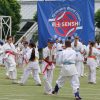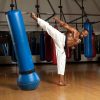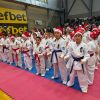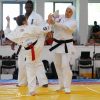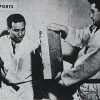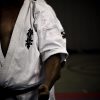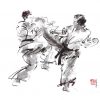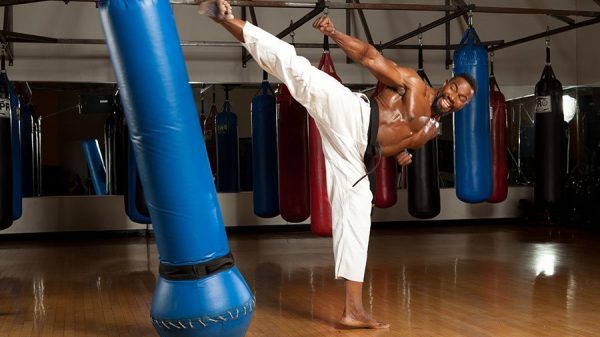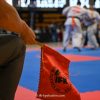We have all heard the phrase “practice makes perfect”, but if something is already good – why do we have to continue to go back and keep practicing the same things?
PERFORMING UNDER PRESSURE
Performance Choking: an unexplained sudden drop in performance for no physical reason.
We are often expected to perform under pressure in lots of areas of life and sometimes that pressure can have a negative effect on our skill level. For example, you may find that although you know you can perform a technique, form, or kata really well when asked to demonstrate in front of a group of people it can go wrong or we forget moves. This is known as ‘choking’, it is brought on through the stress of performing under pressure and can be a coach and competitor’s worst nightmare.
How are these 2 problems related? It’s all to do with the way we learn. To be the best we can be as martial artists, whether training for self-defense or for competition, we need all movements to be instinctive. This will ensure that that we can perform to the very best of our ability, despite being under pressure – whether that pressure comes from a crowd of spectators at a competition or the threat of an attacker. The key is to understand the learning process.
HOW WE LEARN NEW PHYSICAL SKILLS
There are 2 stages of learning, these are known Explicit and Implicit.
Explicit learning is the first stage of learning something new. It relates to how your mind processes further information when learning a task. You receive information and process it into the desired action. This action is controlled by the Prefrontal cortex in the brain. At this stage you need to focus and concentrate, putting a lot of thought into your actions. As you practice and develop through repetition the movement becomes automatic, this is the Implicit (second stage) of learning. The control for the action moves to another part of the brain called the Basal Ganglia. This part of the brain is responsible for habits that require no conscious thought (known as unconscious competence) and is a bit like working on auto-pilot, for example blinking or chewing. If you repeat the skill enough, it will become an intuitive and unconscious movement. You could be thinking about something entirely different and unrelated, or be surrounded by distractions yet still be able to perform the action to the best of your ability.
So why does it go wrong? When you are under pressure to perform well you go into a state of heightened awareness which can make you think too much about what you are doing and so switch control back from the Basal Ganglia to the Prefrontal cortex within the brain. This in turn then puts you back into ‘learning’ mode making you have to think about each and every move you make which in turn can make you ‘choke’ your performance, make mistakes and make you feel like a complete beginner all over again.
So what can you do about it?
Practice, practice, practice. As a coach, I often hear students complain that it’s boring to repeat things so many times but without the repetition, the movement will never become instinctive.
Preparation is very important to be able to perform actions whilst ignoring distractions. For the movements to become a solid unconscious ability you need to imagine the exact situation for the performance when you practice, just like actors having dress rehearsals. For example, if you are going into the competition, when you practice you need to picture in your head the surroundings you will be performing in, the way you will feel, the noise of the crowd, etc. When practicing fighting skills you need to imagine that you are in a real situation where you need to defend yourself. Imagine all the things that could go wrong so you are prepared for any situation which could take you out of that unconscious competence. This way, if or when you find yourself in that situation you are much less likely to return to the initial learning process and be able to react better, faster, and more confidently.
Test yourself by training under pressure, if performing kata or form try turning yourself to face a different direction than usual to see if the change in visual stimulus distracts your attention. You could try holding a conversation whilst performing or listening to music.
Make sure that when you train you always do your best. If you practice and repeat movements at a lower level than you are capable of, that is how you will perform under pressure. You will train yourself at an unconscious level to perform badly so make sure you always practice good quality techniques.
PRACTICE
PRACTICE
PRACTICE!
By Lindsey Andrews


